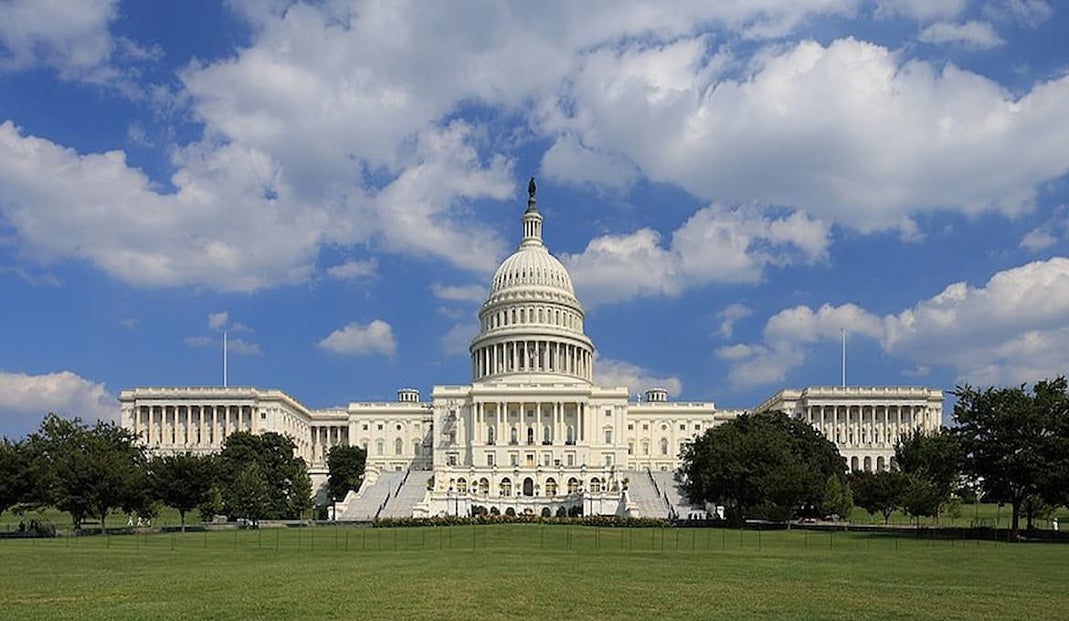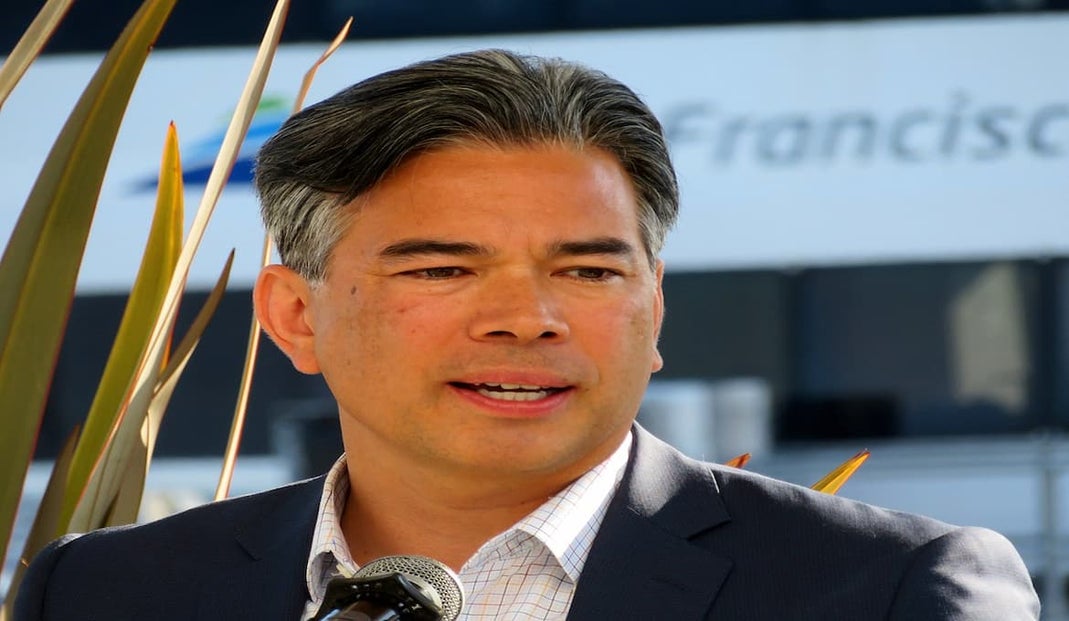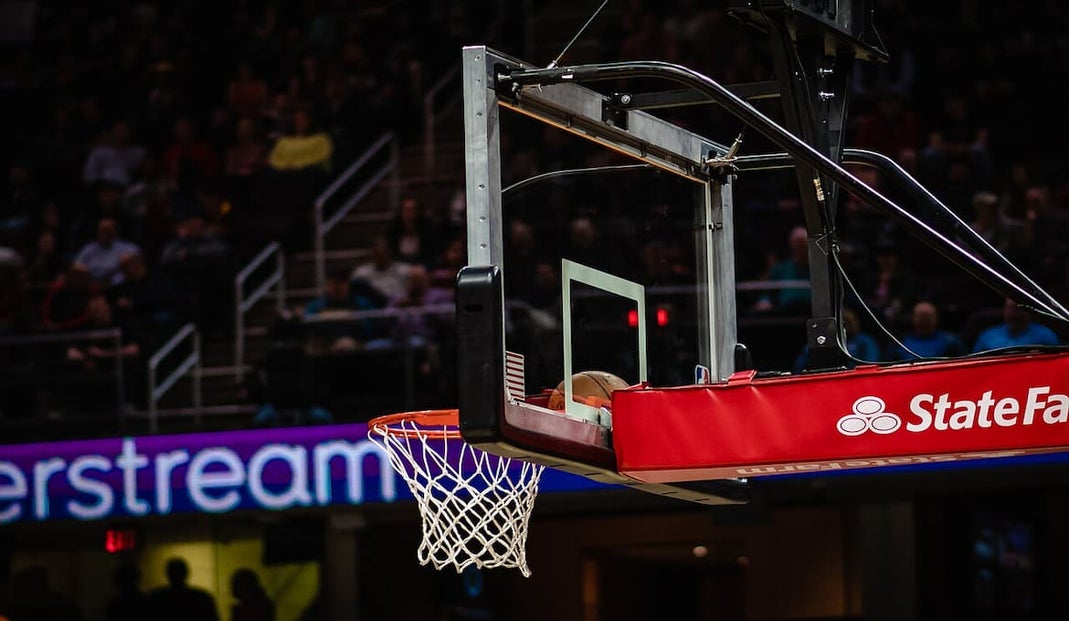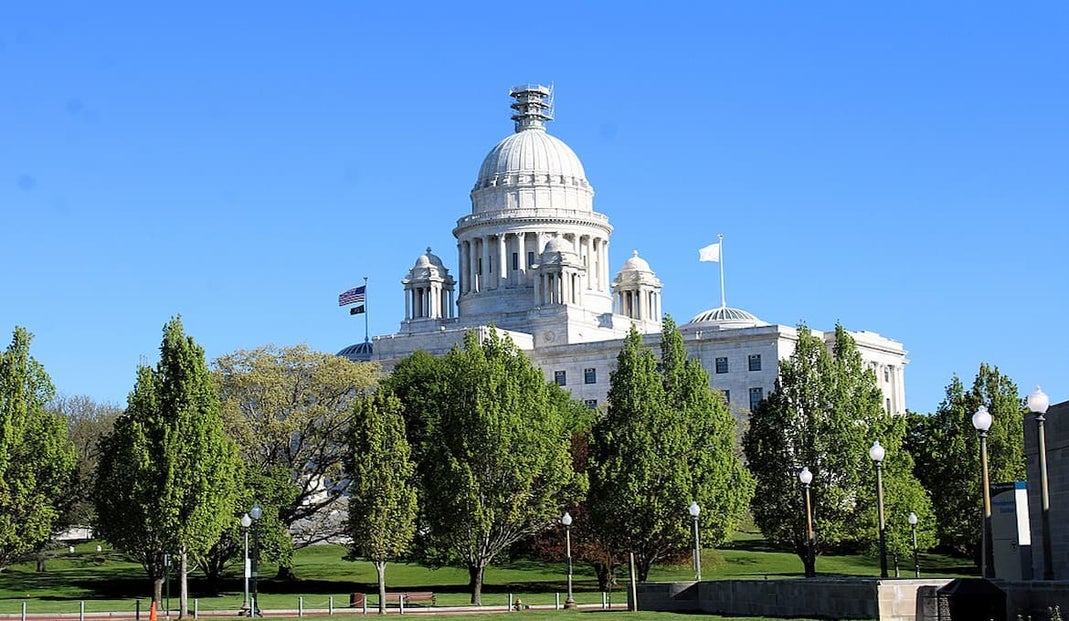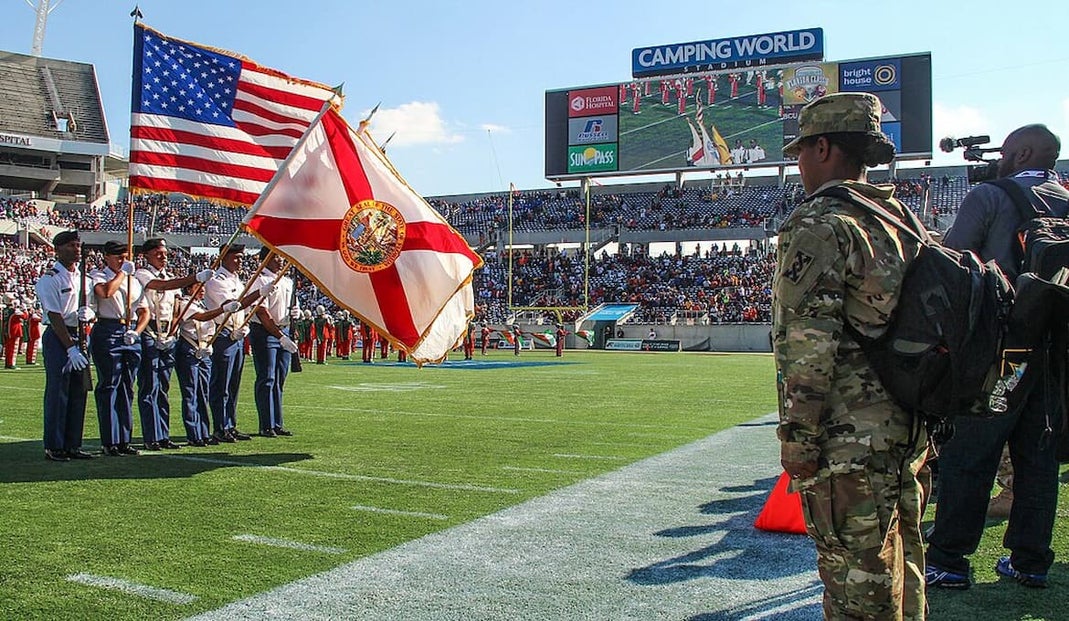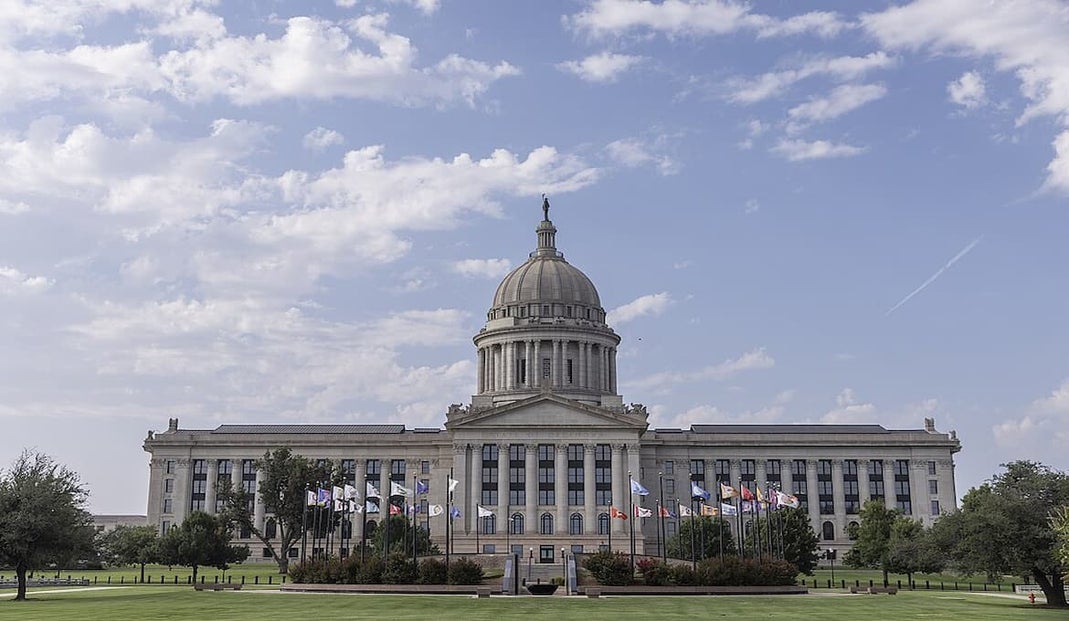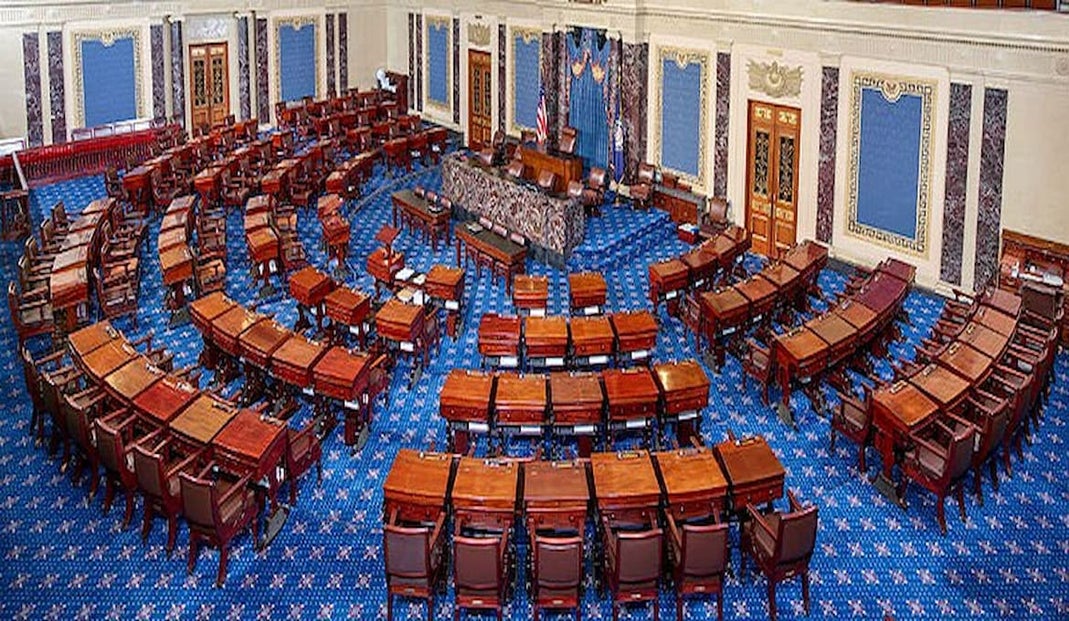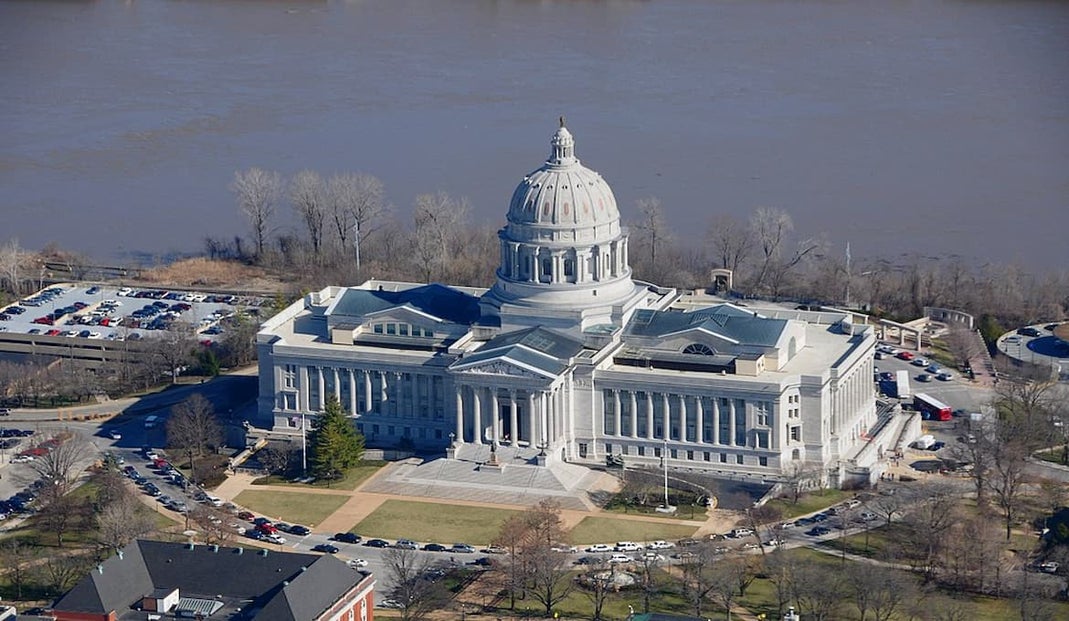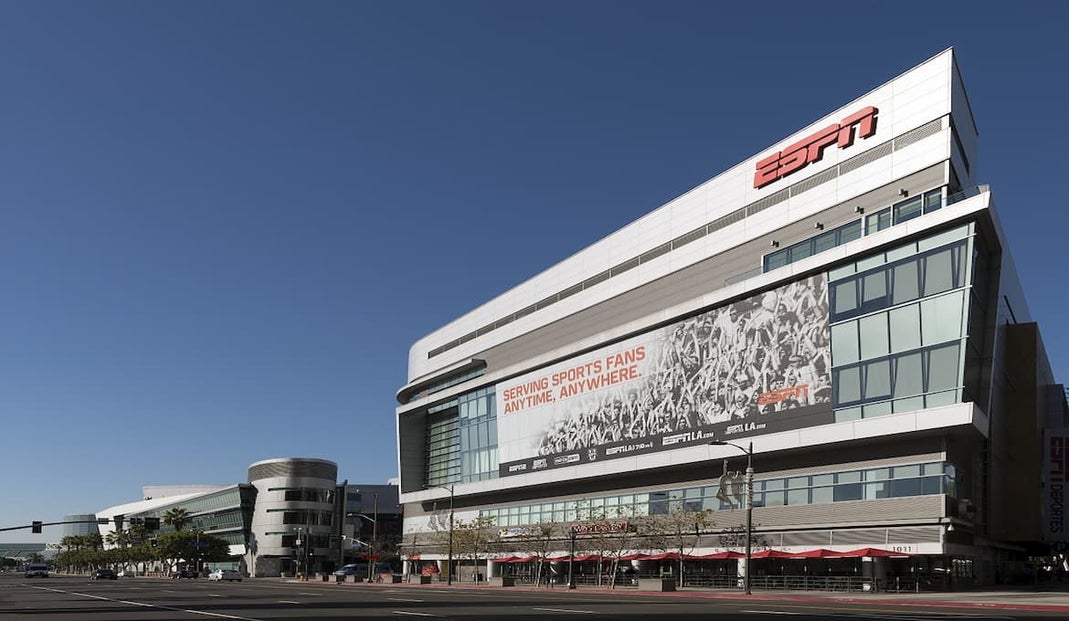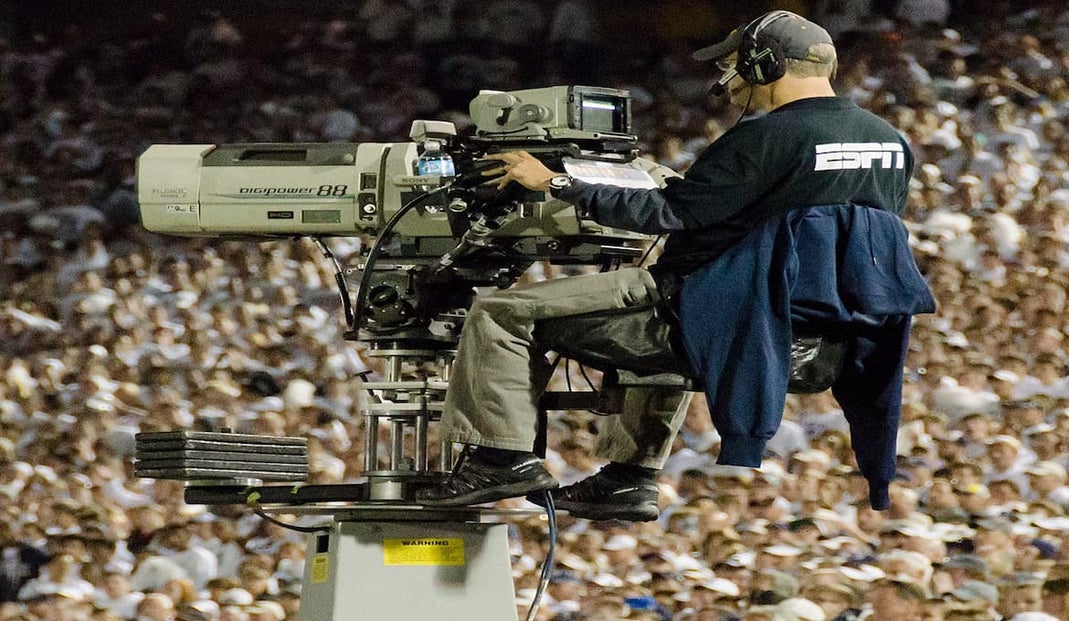Debate Over Liberty Gets Heated
There were a lot of reasons why lawmakers opposed this change, but the issue of liberty caused the most considerable stir. Opponents of the change said that 18-year-olds are considered adults, so they should have the right to spend their money as they see fit.
Proponents quickly pointed out the hypocrisy of that argument, pointing to the legal age for alcohol and tobacco being set at 21. They argued that you can’t define liberty on a case-by-case market and should instead be applied across the board.
Supporters of the bill also warned about problem gambling and its dangers to younger bettors. This argument carried a lot of weight for lawmakers on both sides of the aisle, but the effort still fell short.
Sports Betting Tax Revenue Declined in 2024
One of the biggest obstacles to raising the age was the impact on tax revenue. Many states saw disappointing tax revenue numbers despite massive betting handles. Unfortunately, New Hampshire saw a decline in tax revenue and betting handles.
The state saw a 3% decline in its betting handle for 2024. While that is a small amount, it raises some major red flags as other markets are seeing a record number of wagers. While the state’s lack of an NFL team could explain it, some lawmakers fear the market has found its ceiling.
The drop in wagers was cited as lawmakers argued over raising the minimum age. It also has spurned more support to legalize iGaming, which seems closer to becoming legal in the state.
Federal Regulations Could be Coming
While the current leadership in the US has a friendly relationship with the sports betting industry, cries for federal crackdowns are coming. A rise in problem gambling, betting scandals, and athlete harassment has become an emergency that needs to be addressed. While some states actively try to combat the problem, many lawmakers don’t believe it's enough.
If the federal government does decide to step in, expect a universal betting age to be one of the first things to be established.




